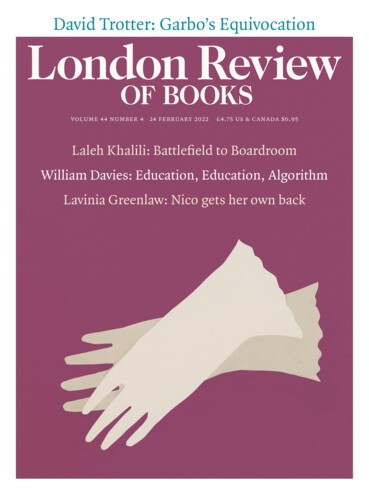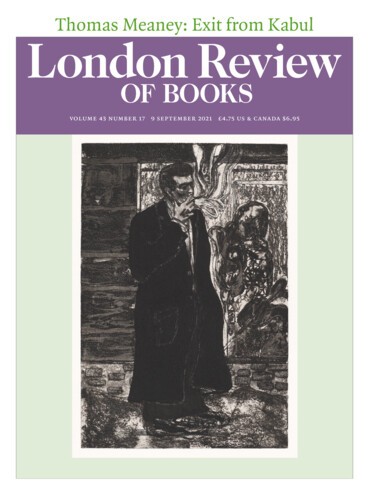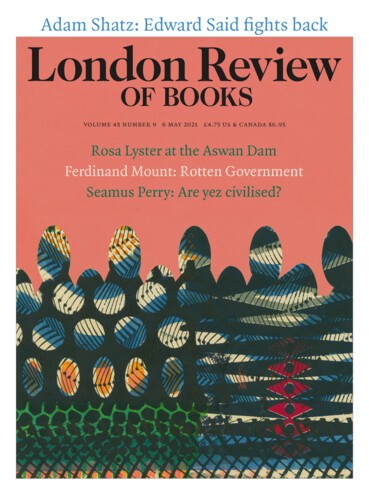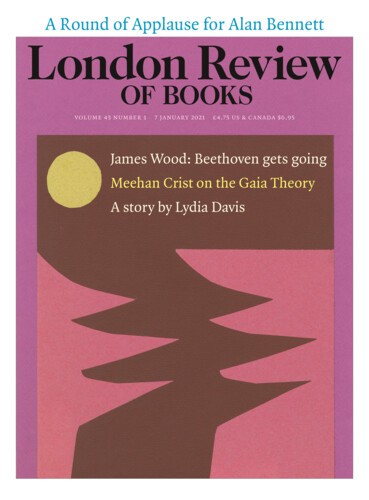Closet Virtuoso: Magic Mann
Seamus Perry, 24 February 2022
Thomas Mann’s most noteworthy appearance in Irish letters until now came in one of the last poems of W.B. Yeats. In the spring of 1938 the poet read a piece in the Yale Review by Archibald MacLeish, the only article on his work ‘which has not bored me for years’ – a disarming piece of Yeatsian egotism since most of the article was not about him. True, he made a...





